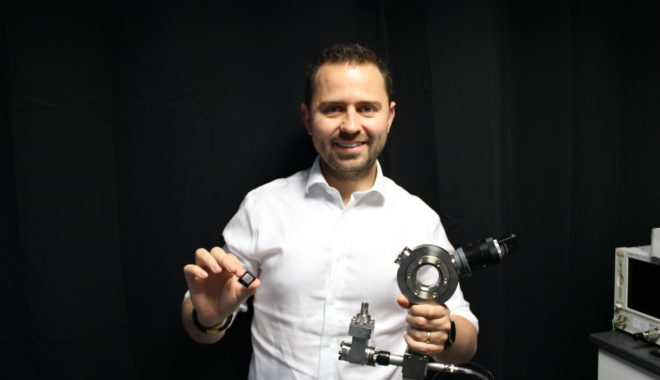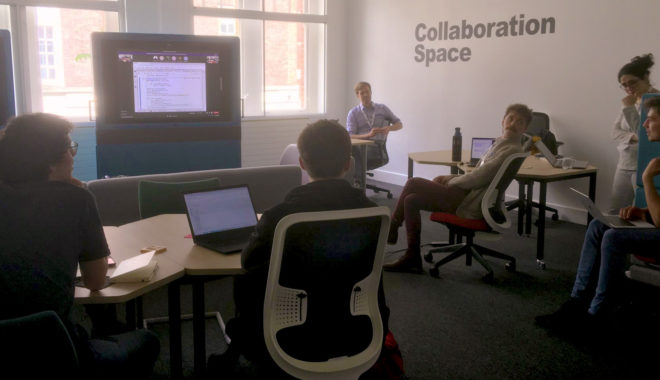Queen Mary University of London
Queen Mary University of London is a leading research-intensive university with a difference – one that opens the doors of opportunity to anyone with the potential to succeed. It is a unique place of world-leading research and unparalleled diversity and inclusivity that lives and breathes its history and heritage and is embedded in the communities it serves.
Queen Mary is ranked fifth in the UK for quality of research outputs (REF 2014). We aim to be the most inclusive research-intensive university in the world.
Entrepreneurship, innovation and engagement are embedded in our research culture. We have a strong track record on research spin-outs and student start-ups – one Queen Mary spin-out, ApaTech, sold for $330m in 2010. Our BioEnterprises Innovation Centre in Whitechapel supports drug discovery start-ups and has created over 500 science jobs. And we have partnerships with major industrial firms such as Pfizer, IBM, and Huawei.
We’re committed to achieving impact and involving end users, patients, policy-makers and the public in the research we do. Read more about the breadth and impact of our research.
Member stories

SES members to play a leading role in training future scientists and engineers
Some 4,000 students will benefit from a £1bn investment in doctoral training centres for engineering and physical sciences, with SES members lead partners in almost a third of them.

The economic and social impact of Queen Mary University of London
More than a third of the identifiable regional-based impact generated by Queen Mary University of London (QMUL) occurred outside of the capital, a report by independent consultants reveals

Discovering positive research initiatives at SES universities
Our partner universities are at the cutting edge of research. They constantly strive to create environments where new ideas can flourish, and innovation is second nature.

The spin-outs changing our world
Spin-outs have the potential to redefine how research, patient care and product development is handled in the future. Find out about SES members’ spin-out activities.

Showing our impact – REF 2021
Looking beyond SES members’ excellent performance in REF 2021 to their case studies reveals the positive impact their research is having. Here are some examples.

Research technology professionals – adding value to research teams
When research technology professionals work with your team it makes for ‘happy researchers’ delegates at a SES event heard last month.

Andrew Livingstone
Executive Board Member

Joyce Jones
Operational Lead

